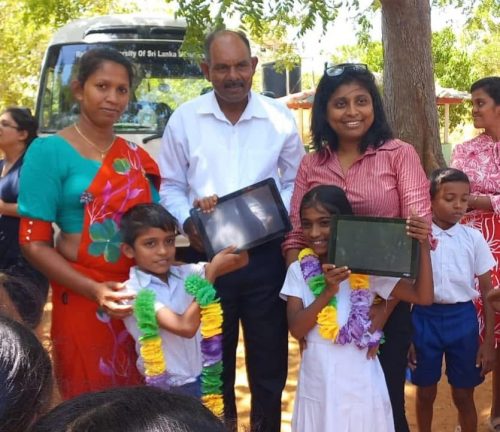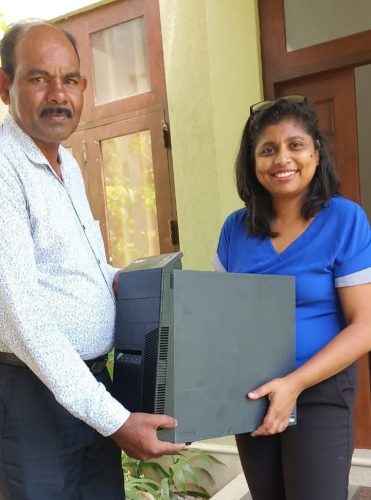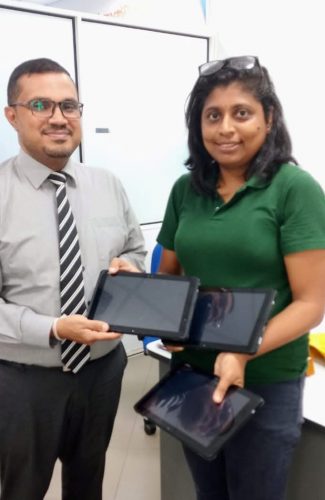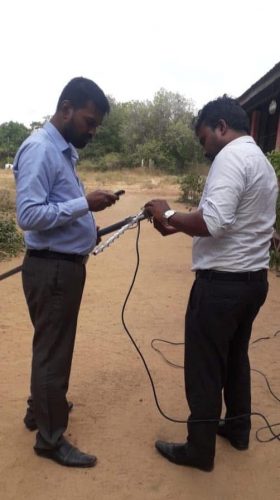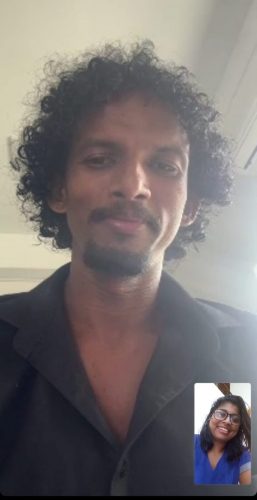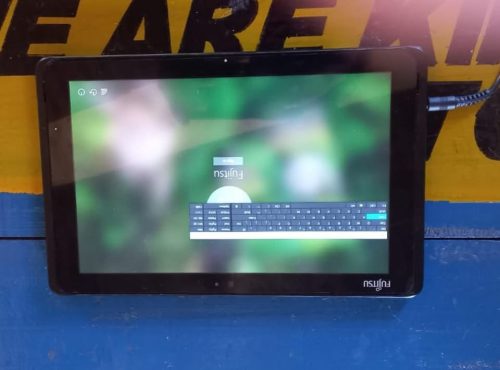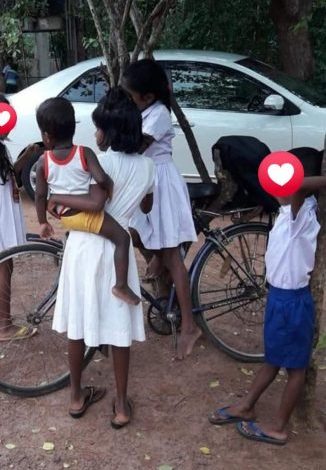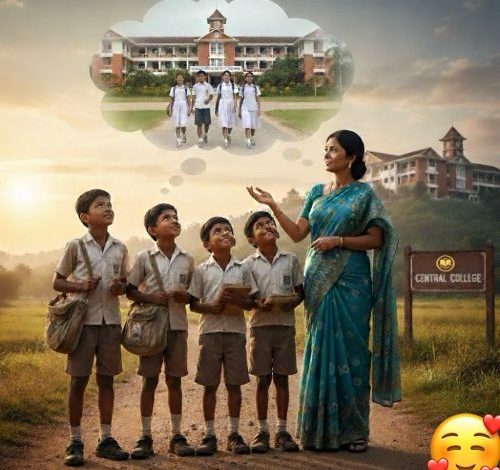The Next Piece of the ‘Piku Pihi’ Puzzle is Falling into Place
The next puzzle of “Piku Pihi”, as we call it, is a remote online learning mechanism. It’s a project that we’re doing to support some of the most remote schools in Sri Lanka—schools that aren’t even on the main roads, the kind where simply getting children to attend is a challenge. We need to express our gratitude to the teachers who show up at 7:30 every morning to teach at these schools.
We are currently in the third part of the second phase of our pilot project. What does that mean?
Our initial goal was to bring the kids to school. That’s why we decided to provide them with lunch to fill their stomachs. Last week, 4,538 children were eating lunch under this program.
Now we’re a year in, and we’re starting the second phase. We decided to begin teaching remotely. First, we focused on English, and then, we plan to slowly add science and mathematics for the scholarship exam.
We were fortunate to find a few dedicated teachers who were willing to give their time, money, and effort to teach English. I’ll tell you more about them another day.
However, the schools lacked the signal needed to stream their lessons. Even if a signal existed, it was barely used to brush their teeth. So, we gave them a signal.
But a signal isn’t enough to work with. Schools didn’t have the funds to buy data packages.
“It’s only Rs. 1,500 a month, sir!”
“Doctor, we only get Rs. 4,000 in facility and service fees for the whole year!”
So, we gave them data, too.
Yet, having data and a signal still wasn’t enough. What would they use to teach? We needed to solve the need for a computer. Many schools didn’t have computers, and the ones that did were old and broken.
So, we started looking for tablets or computers for the schools. That’s the third part of the second step of our ‘Piku Pihi’ project.
This is when I met Nilanga. Nilanga, to be honest, owed me a small favor.
“I’ll do this,” he said. “I also forgot to give you something I promised during the Covid period.” What he was talking about was a kettle that the ward needed. Don’t ask me why a ward needed a kettle.
At the time, Nilanga was working in another area; he had only been the Commercial Bank Manager of the Anuradhapura New Town Branch for two weeks. Nilanga gave me three tablets.
“Shall we go and hand them over?” I asked.
“No, doctor, if you go with me, it’ll be late. Just send me the photos. Don’t delay it any longer.”
So, I gave the tablets to the schools. Having a bigger screen will make the job easier for the kids. Don’t worry about the size of the tablet screen; until now, they’ve been looking at a 2.5-inch to 5-inch phone screen.
One tablet went to Aliyawetunu Wewa. We affectionately call it ‘Aliya’ because the real name is too long. At Aliya School, the signal only comes near the Ehela tree by the road. Even with signal antennas, the signal doesn’t reach the English room, which is 50 meters away. They have their antenna tied to a 35-foot-tall pole to find a signal.
The English room is a story in itself. I’ll write about that another day. You must hear the story of a teacher in a remote village in Galenbiddunuwewa who shares a teachers’ quarters to create an English room and struggles to teach English. School welcomed us with a band, and they need a little help getting a few melodicas for their band and some small books with big letters for the English room. That’s a little advertisement.
The other tablet went to Matabuwa Palugollaegama. They put two flower garlands on me at Matabuwa. I know the real owner of both is not me. One is for Nilanga, for providing the tablet the school needed, and the other is for the Perth crew, for providing food, finding the signal, and taking care of the school. I am now in “wearing someone else’s flower garlands” mode.
“Our children’s English knowledge is very low,” said Teacher Nirasha, the school’s SFP coordinator. From the first day, she’s been using her phone and a broken old computer to stay with this program. Now we’re looking forward to seeing them join the class on their new screens starting this evening.
The third one is for Kaluaebe. We are still trying every method we know to get two signal bars there. As soon as we succeed, it will go to Kaluaebe.
Manankattiya School has a smart board they got from a government program, but we can’t see the children, and the children can’t connect with us live when we teach. So we are planning to give them microphones and webcams to start the work.
“We have a lot of kids, so a computer would be better,” one teacher said. It’s true; a tablet isn’t enough for 19 kids. Pulasthi Sir is giving them a computer. Last time, Pulasthi Sir helped us by conducting a Sinhala workshop as O/Ls were approaching and distributing notes to a few of our O/L schools. We have 20 big schools with O/Ls and 100 primary schools.
“I’ll find a few more teacher friends this time and do workshops on a few more subjects,” Pulasthi Sir says. The only thing I can do is show them that moment remotely.
Today, I got a message from Rasika saying two more tablets are ready. We will be able to distribute those to two more schools soon. Let’s wait a month. Based on the success, we will spread this work to the next schools. There is a queue of schools waiting for us to find a signal for them. It won’t be impossible.
The most important thing is that there are a few people in these schools who can get by without a problem. Some can connect with their own devices through phone signals. Some are not even affected by elephant threats. However, the 95% majority who fall within the 2SD of the curve need your help to get out of those problems.
Just a reminder: many schools here would be happy to receive the computers that your organizations remove during upgrades. ❤️
Thank you:
* Nilanga Dehigama, Commercial Bank Anuradhapura New Town Branch Manager, for his support in providing three necessary tablets.
* Pulasthi Sri Parakrama for providing a computer.
* Dr. Rasika Perera for getting two new tablets ready.
* The entire sponsor group that inquires about the well-being of each school and helps by asking what else they need.
* The SFP teachers and principals who stand behind the children from 1:45 PM to teach English.
* The entire ‘Pirunu Kusak – Pirunu Hisak’ donor community.
By Dr. Kilosini Hendawitharana.
2023.08.12
